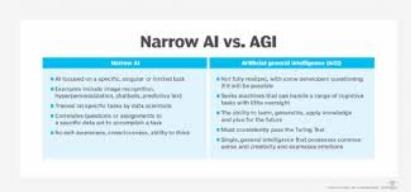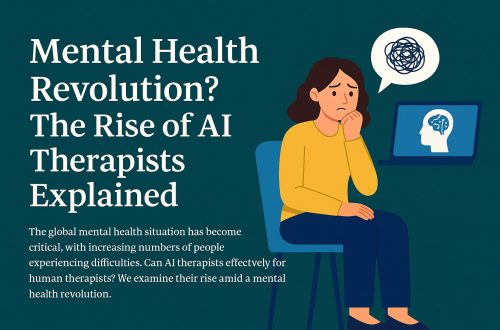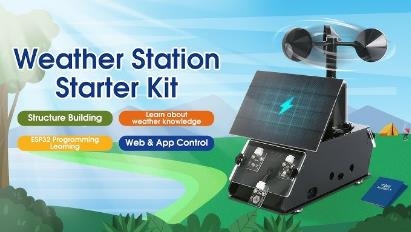To grasp where clever machines are heading in the future, you need to know the difference between **Narrow AI, Artificial General Intelligence (AGI), and Artificial Consciousness** in the fast-paced world of artificial intelligence today. Narrow AI is like a highly smart expert. It can rapidly and accurately execute things like understand voice requests and find fraud. AGI, on the other hand, sees machines that can learn, think, and adapt to any situation, much like people do. This opens up new possibilities to be creative and find solutions. On the other hand, the idea of “artificial consciousness” goes a lot further. It inquires if computers possess self-awareness and consciousness of their existence. Philosophers and scientists are still discussing about this.
**Narrow AI: The Skilled Expert**
Narrow AI, often known as weak AI, is the type of AI that is used the most right now. These technologies are *very good* at things like figuring out what customers want on Amazon Alexa or recognizing strange credit card activity. They are highly strong because they are very specialized and use a lot of data and powerful algorithms to find patterns and come to conclusions far faster than people could ever think of. But this focus stops individuals from trying new things or learning about topics that are outside of what they know. Narrow AI is not a person; it is a very well-tuned tool.
The Dream of Flexible Thinking: Artificial General Intelligence (AGI)
AGI is far better than Narrow AI. The idea is to create something that works like a brain. AGI would be able to do more than just some jobs. It would also be able to learn and think in a generic sense, which means it could figure out how to address new challenges in different fields without having to learn anything new. Imagine a single system that can easily move from composing music to figuring out what’s wrong with people to making designs for buildings. This is like how the human brain can handle a lot of different things at once. Experts say that AGI will evolve from Narrow AGI, which is only good at a few things, to Broad AGI, which is good at a lot of things, and finally to Super AGI, which might be smarter than people.
**Artificial Consciousness: The Beginning of Machines Being Aware of Themselves**
Artificial intelligence is about *intelligence*, while artificial consciousness is about whether a machine could *know itself*. Contemporary AI operates without self-awareness; in contrast, artificial consciousness would entail machines that can possess awareness, contemplate their actions, or even experience emotions. This theory, which is still *entirely theoretical*, helps us think about what it means to be a person and what our moral beliefs are. It makes us ponder about what real awareness is outside of biological brains.
**Artificial Superintelligence (ASI): Beyond Human Limits**
ASI believes that in the future, machines will be better at being creative, understanding emotions, and making plans than even the smartest people. These very sophisticated technology might be able to address some of the hardest challenges in society with great accuracy. But they could also be quite dangerous if their goals don’t match what people want. It is vitally important to make sure that development and oversight are done fairly.
—
| Aspect | Narrow AI | Artificial General Intelligence (AGI) | Artificial Consciousness |———————— | —————————————– | ————————————————– | —————————————————| **Core Ability** | Excels in narrowly defined tasks | Human-level reasoning adaptable across fields | Self-aware, capable of subjective experience | **Flexibility** | Task-specific, no transfer | Generalizes skills and knowledge | Reflects on own existence and intentions | **Examples** | Siri, Alexa, ChatGPT (task-limited) | Hypothetical future systems with broad cognition | Conceptual self-aware machines | **Current Reality** | Ubiquitous in tech | Still a theoretical goal | Entirely speculative and debated | **Challenges & Risks** | | Manageable, domain-limited | Ethical and autonomy concerns | Deep philosophical and ethical quandaries |
—
When we look at different types of AI, we can see an interesting development in intelligence itself. Almost every part of modern life already uses narrow AI. It makes talking to people, doing business, and getting medical help faster. AGI will help people and robots work together better by giving them more freedom and understanding. There will be more innovative ideas than ever before because of this. The search for artificial consciousness raises crucial problems about identity and awareness, therefore we need to be careful as we move forward in the moral waters.
You have a lot of options now that you’re at this point. If we take care of them and have a decent attitude, the smart tools we make today could change the way people and smart machines work together in the future, as well as whole industries.





